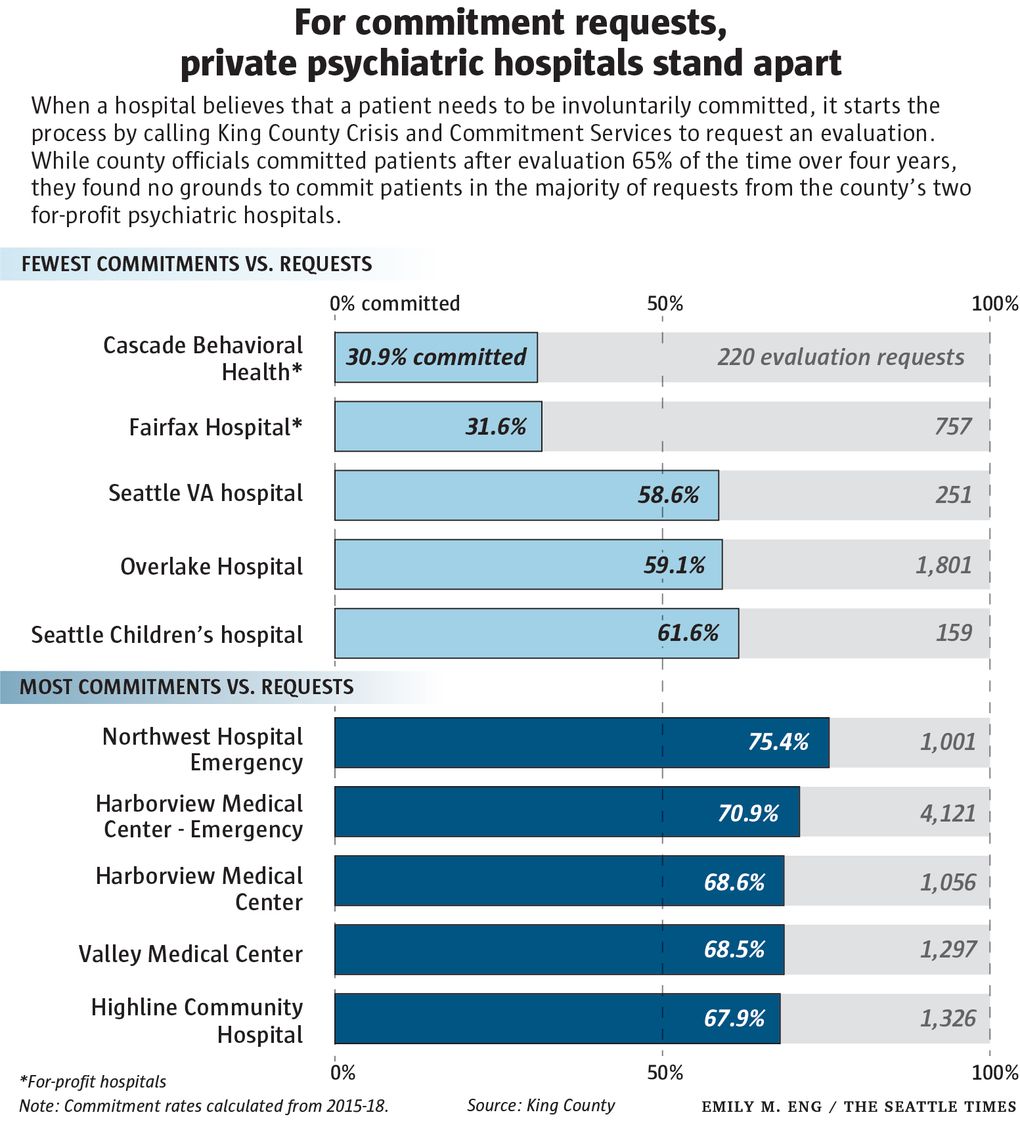Getting My What Is A Mental Health Counselor To Work
Table of ContentsThe Of How Sleep Affects Mental HealthSome Known Details About How Nutrition Affects Mental Health Things about What Is Mental Health?
Mental health conditions such as stress, anxiety, and anxiety might develop due to underlying, life-changing physical health problems, such as cancer, diabetes, and persistent pain. The most typical types of psychological disease are as follows: According to the Anxiety and Anxiety Association of America, stress and anxiety conditions are the most common type of mental disorder.
Most individuals with a stress and anxiety condition will try to prevent direct exposure to whatever activates their anxiety. Examples of anxiety conditions consist of: The American Psychiatric Association define GAD as out of proportion concern that interrupts daily living. People may likewise experience physical symptoms, includingrestlessnessfatiguetense musclesinterrupted sleepA bout of anxiety symptoms does not necessarily need a specific trigger in individuals with GAD - according to research, how does the public view children and teens with mental health disorders?.
An individual with GAD may sometimes feel stress and anxiety without any trigger at all. Individuals with a panic attack experience regular anxiety attack, which include sudden, frustrating horror or a sense of imminent disaster and death. There are various types of phobia: These might involve a disproportionate worry of particular objects, scenarios, or animals.
Find out more about basic fears here. In some cases understood as social anxiety, this is a fear of being subject to the judgment of others. People with social phobia often restrict their exposure to social environments. Discover more here. This term describes a worry of circumstances in which getting away may be hard, such as remaining in an elevator or moving train.
Check out all about agoraphobia here.Phobias are deeply personal, and physicians do not understand every type. There could be thousands of phobias, and what might appear uncommon to one individual might be a severe issue that controls life for another. Individuals with OCD have fixations and compulsions. To put it simply, they experience consistent, demanding ideas and an effective desire to perform repeated acts, such as hand cleaning.
During this kind of occasion, the individual thinks that their life or other individuals's lives remain in threat. They might feel afraid or that they have no control over what is taking place. These experiences of trauma and worry may then add to PTSD.People might likewise describe state of mind conditions as affective disorders or depressive disorders.

Which Of The Following Is Not A Mental Health Professional? Fundamentals Explained
Examples of state of mind disorders consist of: A private with significant depression experiences a consistent low mood and loses interest in activities and events that they formerly enjoyed. They can feel extended periods of sadness or extreme unhappiness. A person with bipolar illness experiences unusual changes in their state of mind, energy levels, levels of activity, and ability to continue with every day life.
Find out more about the various types of bipolar here. Decreased daylight sets off throughout the fall, winter season, and early spring months activate this kind of major depression. It is most common in countries far from the equator. Discover more about SAD here.Mental health authorities are still attempting to determine whether schizophrenia is a single disorder or a group of related diseases. Signs of schizophrenia typically develop in between the ages of 16 and 30 years, according to the NIMH. The individual willhave ideas that appear fragmented, and they may also discover it hard to process info. Schizophrenia has unfavorable and favorable symptoms. Favorable signs consist of misconceptions, thought conditions, and hallucinations. Negative symptoms include withdrawal, absence of motivation, and a flat or improper mood. However, individuals need to watch out for the following as possible signs of.
a mental health disorder: withdrawing from good friends, household, and colleaguesavoiding activities that they would normally enjoysleeping too much or too littleeating excessive or too littlefeeling hopelesshaving regularly low energyusing mood-altering substances, including alcohol and nicotine, more frequentlydisplaying unfavorable emotionsbeing confusedbeing unable to finish everyday jobs, such as getting to work or preparing a mealhaving consistent ideas or memories that reappear regularlythinking of triggering physical damage to themselves or othershearing voicesexperiencing delusionsThere are numerous approaches for handling mental illness. Some strategies or treatments are more effective in combination with others (how to become a mental health nurse). An individual dealing with a chronic psychological disorder might select.
different alternatives at different phases in their life. The individual needs to work carefully with a doctor who can assist them identify their requirements and offer them with suitable treatment. Cognitive behavior modification, direct exposure therapy, and dialectical behavior modification are examples. Psychiatrists, psychologists,.

psychotherapists, and some primary care physicians perform this kind of treatment. It can help people comprehend the root of their psychological disease and begin to work on more healthful idea patterns that support daily living and lower the danger of seclusion and self-harm. Although these can not cure psychological disorders, some medications can improve signs and assist a person resume social interaction and a typical routine while they work on their mental health. Some of these medications work by increasing the body's absorption of feel-good chemicals, such as serotonin, from the brain. Other drugs either increase the overall levels of these chemicals or prevent their deterioration or destruction. Such modifications might consist of reducing alcohol intake, sleeping more, and consuming a balanced, healthy diet plan. People may require to take some time far from work or deal with issues with personal relationships that may be causing damage to their mental health. Individuals with conditions such as an anxietyor depressive condition might take advantage of relaxation techniques, that include deep breathing, meditation, and mindfulness. If you know somebody at immediate risk of self-harm, suicide, or harming another individual: Ask the tough question:" Are you thinking about suicide? "Listen to the individual without judgment. Call 911 or the regional emergency number, or.
text TALK WITH 741741 to communicate with a skilled crisis counselor. Stay with the individual up until expert assistance gets here. If you or someone you understand is having ideas of suicide, a prevention hotline can help. The National Suicide Avoidance Lifeline is offered 24 hr each day at 800-273-8255. Throughout a crisis, individuals who are hard of hearing can call 800-799-4889. Mental health includes our psychological, psychological, and social well-being. It impacts how we think, feel, and function as we handle life. It also helps figure out how we handle tension, associate with others, and choose. Mental health is essential.
5 Simple Techniques For What Are The Legal Rights Of A Person Admitted To An Inpatient Mental Health Facility?
at every stage of life, from youth and teenage years through the adult years and aging. They may be occasional or long-lasting. They can affect your ability to associate with others and function each day. Mental illness prevail; majority of all Americans will be identified with one at a long time in their life. But there are treatments. People with mental illness can improve, and a number of them.
recover totally. For example, mental illness can raise your danger for physical health issue such as stroke, type 2 diabetes, and heart problem (according to research, how does the public view children and teens with mental health disorders?). There are various factors that can affect your mental health, including Biological aspects, such as genes or brain chemistry Life experiences, such as trauma or abuse Family history of mental health issues Your.
lifestyle, such as diet, physical activity, and substance utilize You can likewise affect your psychological health by taking actions to improve it, such as doing meditation, utilizing relaxation techniques, and practicing appreciation.
